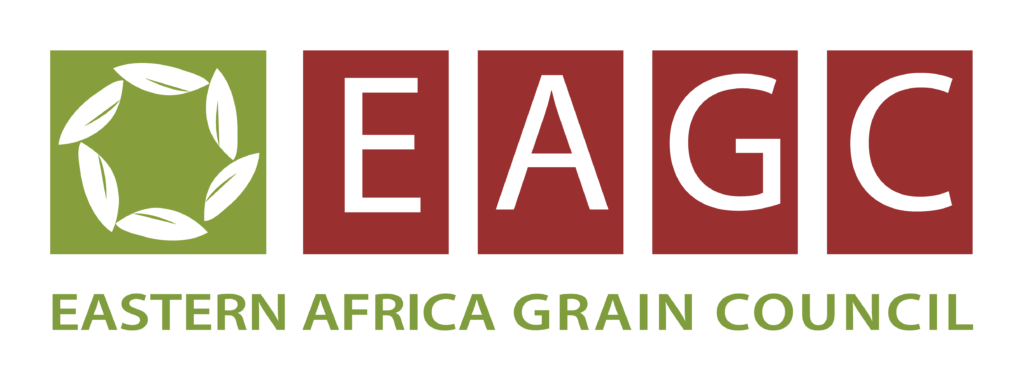Eastern Africa Grain Council in partnership with the Confederation of Danish Industry (DI) hosted a one day workshop on the 25th January at Semara Hotel in Machakos for the grain value chain players in Kenya on Industry Self-Regulation, a framework aimed at improving compliance to food safety in Kenya.
The forum convened 32 participants representing key actors in the grain value chain sector in Kenya among them representatives of farmers (Grain Trade business Hubs), traders, aggregators, processors, bulk off taker institutions, development partners and government departments.
In his opening remarks, Mr. Gerald Masila, the Executive Director of EAGC, thanked the participants present in the grain value chain sector who contributed insights into the technical facets of Industry Self-Regulation. He further acknowledged their feedback on the proposed ISR framework and implementation roadmap, highlighting the identification of opportunities for learning, collaboration, and coordinated efforts.
Mr. Alex Njeru, the Regional Project Manager for the Confederation of Danish Industries (DI) lauded the ongoing EAGC-DI partnership towards a sustainable food future, highlighting its impact in empowering farmers through skills training, equipping millers with the industry requirements including food safety compliance, and shaping industry policy through dialogues.
Dr. Andrew Edewa, Director of Standards and SPS, Trade Mark Africa (TMA) stated that the private sector is the engine that drives the economy. He informed stakeholders that Trade Mark Africa has partnered with EAGC to implement interventions to support the sector and that TMA is in support of the industry self-regulation.
Dr. Peter Kahenya from Nutrition International highlighted the collaborative efforts between NI and EAGC, emphasizing the significance of fortification in the ISR domain. He noted that NI has provided support to small millers, furnishing them with equipment such as dozers and aflatoxin testing kits, along with conducting capacity-building initiatives for SMEs. Furthermore, NI has undertaken the training of more than 1,000 public health officers to enhance their comprehension of aflatoxin. Dr. Kahenya underscored the importance of establishing a coordinated mechanism for ensuring food safety.
Setting the scene Mr. Kimwaga Mhando, the Country Manager for Tanzania, Zambia and Malawi presented on the structure of an Industry Self-Regulation (ISR) framework in the context of grain trade in Kenya and the East African region. The presentation covered areas such as the objectives of ISR, its application to sector players, and its expected impact. The background highlighted challenges in the grain trade, including limited aggregation, lack of market transparency, and inefficient linkages in the value chain. The presentation further highlighted the risks of contamination, citing examples from surveys in Meru and Busia counties. The responsibility for safe food production and trade was emphasized to lie with
the private sector, necessitating the establishment of rules complementing government
regulations.

